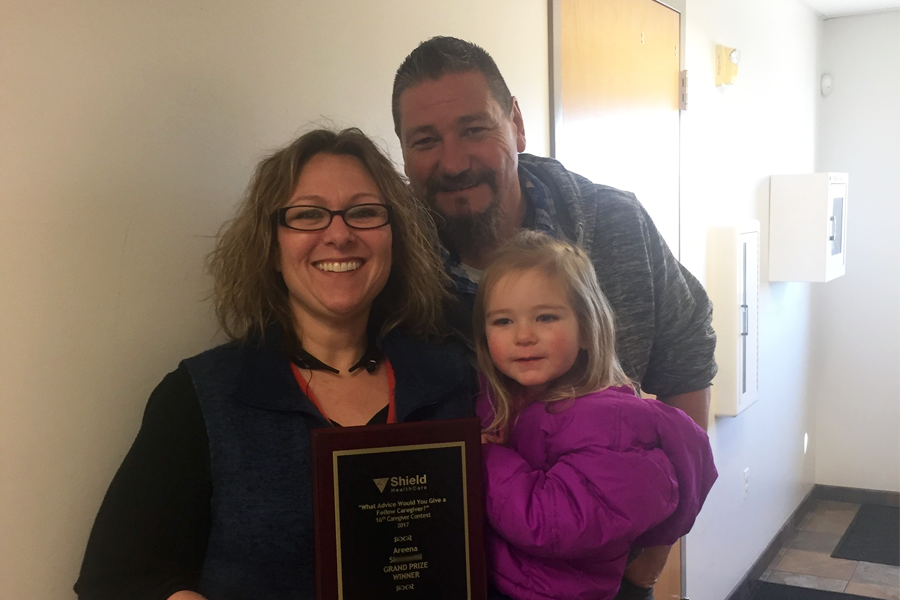The outside world often thinks of caregivers working only in the home, providing care to an aging relative who may be sick or needs constant care. This perception, however, is largely false, as nearly 74% of adults with elder care responsibilities have worked some sort of paying job during their caregiving experience. In fact, approximately 1/3 of all working adults provide unpaid care for a relative or friend in some capacity. Caregivers in the workplace can experience serious issues involving their physical health, mental well-being, and general productivity. Here are five helpful tips for the working caregiver for managing stress and well-being while still remaining engaged both at work and at home.
- Talk to your employer. More often than not, your employer will be willing to assist you in any way that they can during this time in your life. Multiple unexcused absences are alarming to companies, and communicating your situation to your employer should increase their understanding.
- Make “me” time. You may have already realized that, as a primary caregiver, you need a break. Schedule a time interval every day that you use to read a book, watch television, or take a nap.
- Find support outside of work. Feeling alone while working and caregiving contributes heavily to stress. Shield HealthCare’s online Caregivers Community is a great resource for further understanding caregiving, but forums such as the ones found here allow for discussion and relating to others in similar situations.
- Take care of yourself. It can be easy to neglect your own medical needs to focus more on the care of your loved one, but unchecked issues could hamper your ability to care for them at all.
- Engage your care team. Your care team is a valuable resource for managing the needs of both yourself and your loved one. Don’t be afraid of delegating certain tasks to them to free up your busy schedule.























have a care-giver, works very hard, has some anxiety. thanks for the 5 tips.